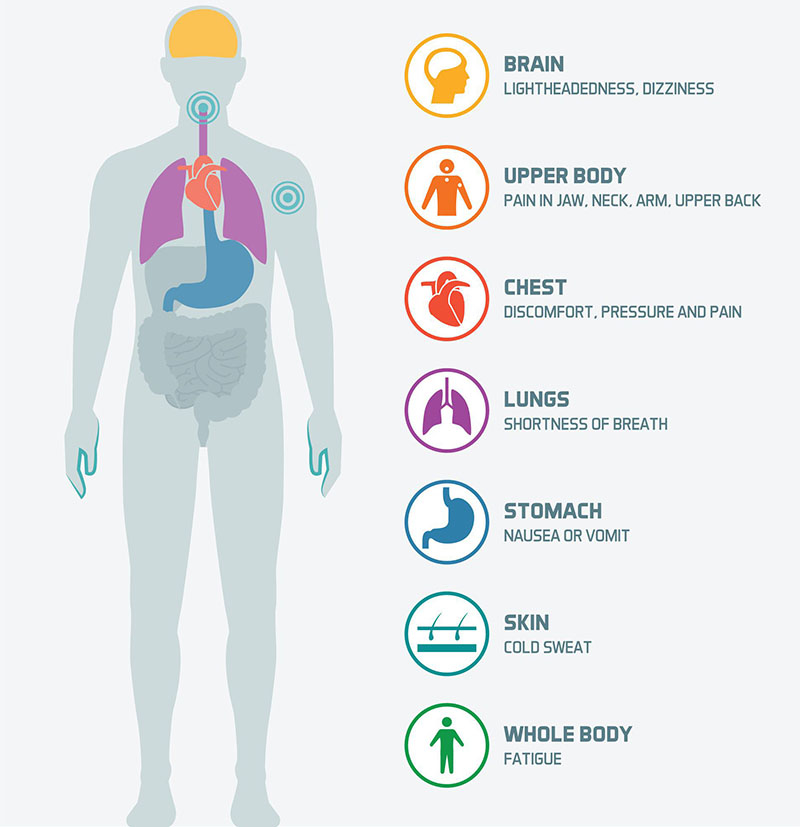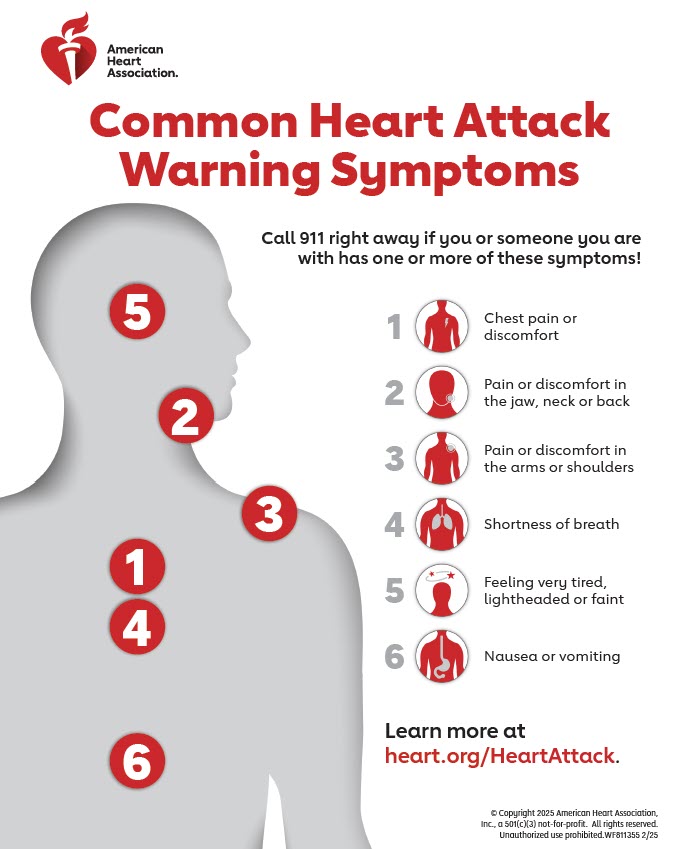
A heart attack is rarely a cause of mild chest pain as an attack usually results in severe pain. If you notice one or more of the signs below in yourself or someone else call 911 or your local emergency number right away.

Chest pain has many possible causes all of which need medical attention.
Mild heart pain. Mild or more serious heart attacks produce symptoms that should be taken seriously. Chest pain shortness of breath nausea pain or tingling in one or both arms or jaw neck or back pain. Chest pain has many possible causes all of which need medical attention.
Examples of heart-related causes of chest pain include. A heart attack results from blocked blood flow often from a blood clot to your heart muscle. Angina is the term for chest pain caused by poor blood flow to the heart.
A heart attack is rarely a cause of mild chest pain as an attack usually results in severe pain. Typically the pain feels as if the heart or surrounding tissue is being squeezed and is not localized to one area. Angina pain is often similar but is caused by muscles in the chest not being supplied enough oxygen rather than due to a blocked artery.
Chest pain and heart attack symptoms Chest pain is only one of the possible signs of an impending heart attack. If you notice one or more of the signs below in yourself or someone else call 911 or your local emergency number right away. Uncomfortable pressure squeezing fullness burning tightness or pain in the center of the chest.
Chest pain and heart problems. The most common heart problems that cause chest pain include. Pericarditis which usually causes a sudden sharp stabbing pain that gets worse when you breathe deeply or lie down.
Angina or a heart attack which have similar symptoms but a. Angina is chest pain or discomfort caused when your heart muscle doesnt get enough oxygen-rich blood. It may feel like pressure or squeezing in your chest.
The discomfort also can occur in your shoulders arms neck jaw or back. The symptoms of a mild heart attack are similar to those of unstable angina and include chest pain that may radiate to the arms and jaw difficulty breathing nausea light-headedness cold sweats. You have a strong family history of early heart disease.
The pain is accompanied by chest tightness squeezing heaviness or a crushing sensation. The pain is accompanied by weakness nausea shortness of breath sweating dizziness or fainting. The pain radiates to the shoulders arms or jaw.
The symptoms of a panic attack can overlap the symptoms of a heart attack clinically termed myocardial infarction MI making it difficult for a person to know which one may be occurring6 People often go to the emergency room ER with chest pain believing they have a heart issue but research shows that roughly 60 to 90 of ER patients with chest pain do not have a cardiac cause of the pain. Chest pain can occur when the heart is not getting enough blood or oxygen. The amount and type of pain can vary from person to person.
The intensity of the pain does not always relate to how severe the problem is. Some people may feel a crushing pain while others feel only mild discomfort. This type of pain may be actually more painful than a heart attack but it will go away fairly quickly says Dr.
Chest pain from a heart attack can last 30 minutes sometimes. Most heart attacks actually involve only mild pain or discomfort in the center of your chest. You may also feel pressure squeezing or fullness.
These symptoms usually start slowly and they may go away and come back. This can be complicated because these symptoms may be related to something less serious such as heartburn. You know your body.
Causes of chest pain can be mild like heartburn or dangerous like pancreatitis. Know the common causes of chest painbecause it isnt always caused by a heart attack.